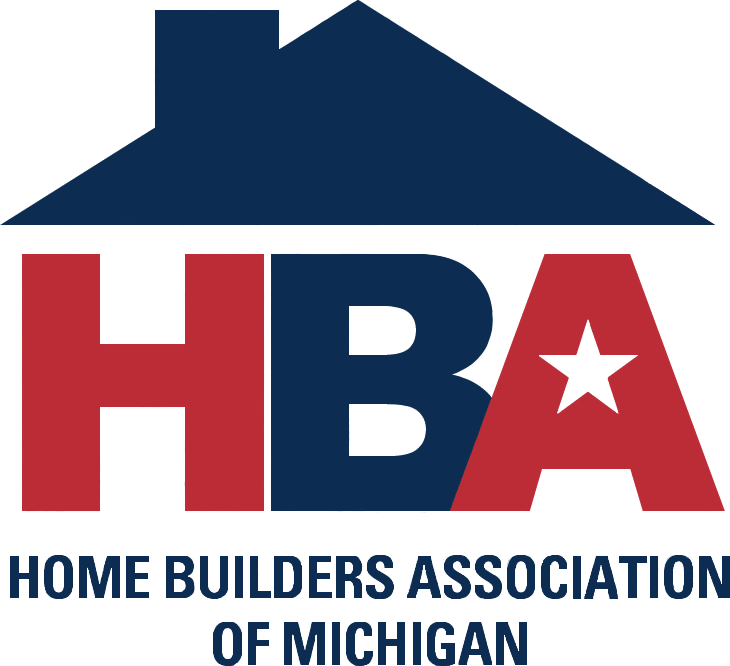New Tools In Your Toolbox
The Housing Michigan Coalition saw success last year with four bills signed into law by Governor Whitmer. Three of those bills were given immediate effect, which means as soon as the ink was dry on the bills, they were available for use.
The fourth bill, Senator Moss’s legislation to expand Neighborhood Enterprise Zones (NEZ) to all communities, went into effect on June 1, 2024. This law is a tool to use for community infill projects. The key to this is that infrastructure needs to already be in place.
Public Act 238 of 2022 will allow all cities, villages, and townships to use NEZs. The newly eligible local units may designate a NEZ only if the project encourages compact development (minimum of five dwelling units per acre), is adjacent to existing development and can utilize existing infrastructure. The NEZ tax only applies while the dwelling is occupied by a household at < 120% area median income (AMI). Income must be reported annually to local assessor for determination.
Additional information on this new tool can also be found on our website.
We are expecting an expansion of the tax increment financing tool will be available by the end of summer. Senator Sam Singh (D-East Lansing) was lead on a package of bills which expands Brownfield Tax Increment Financing (TIF) to allow for support for workforce housing for those earning up to 120% of the area median income (AMI).
The legislation specifically allows for the use of housing development activities including:
- Construction
- Rehabilitation
- Site preparation
- Acquisition costs for blighted or obsolete rental units
- Public infrastructure and safety improvements necessary for a qualified project
- Filling financial gaps associated with the development of housing prices for qualified households
This is a 100% opt-in tool. Through public-private partnerships with housing providers, developers and builders, local leaders can take action to meet their community needs. There will be local control over if, when, how, and for what to use it. The goal is to support market-based forces to increase housing supply where it is needed most – attainable housing for working households. Research shows that there is a significant gap in housing at all price points, and we are struggling to provide options for households earning 60% to 120% of area median incomes. This effort creates solutions to address this need and will have impact across the housing spectrum.
These bills create tools for local governments to partner with non- and for-profit developers, builders and property owners to create or retain affordability and drive investment in housing that is attainable to more households across Michigan. The public and private partners will make decisions based on community goals and site-specific needs, project costs and economic viability of potential investments.
